A lot of times, you and your partner might end up hurting each other unintentionally. And even though that is not ideal, it is a normal thing in romantic relationships. You just have to know how to balance your intentions and impact, when you say something to each other.
This will help both of you understand each other better, and peacefully resolve any issues that might crop up between the two of you. The Intention vs Impact Debate. When we hurt each other unintentionally.
How do you respond when your partner questions your intentions?
Do you get angry? Defensive?
I do.
One of the big reasons we struggle with relationship conflict is due to the misunderstanding caused by the intention vs impact battle.
In Dr. Gottman’s Love Lab, the research team asked couples, “What were your intentions when you said…”
Sometimes a partner would say something nice and the intention was clear.
Other times a partner would criticize their partner’s character for doing something they didn’t like. Even under those poorly constructed statements, the intention was their partner would hear it, take the advice, and make positive changes.
“The intention [of the partner] was always positive, even when the impact [on their partner] was negative.” – Dr. Gottman on The Armchair Expert
Recently, my partner and I got into a conflict about her claiming that I was fibbing to her. I told her I skimmed a group texting conversation and when I summarized, she felt I was B.S.ing her.
This pissed me off because I knew I skimmed the text and gathered the gist about the conversation.
The reality is, like you, I know myself by every thought and experience I have. My partner (and everyone else) knows me only through my actions, words, and behavior.
So when she mentioned I fibbed, I reacted defensively. I argued with her over my intent.
The problem is, she was arguing with me about the negative impact I had on her by what she heard me say.
Read 12 Important Life Hacks To Improve Communication In Your Relationships
In Every Relationship, There Are Two Experiences And Both Are Valid.

One of the toughest things I’ve had to stomach as a romantic partner is that my positive intent can have a negative impact on the most important person in my life.
I can have the best intentions in the world and it can still impact my partner negatively.
Quite the dilemma, huh? So what did we do?
We sat down and used the speaker-listener technique to process the event.
She started as the speaker and me as the listener. I had to put my intentions battle to the side, and validate the impact using non-defensive listening skills. Then we switched roles and I explained my experience and intent. As the listener, she validated this.
At this point, it became clear that some of the word choices we used when communicating with each other confused the other person.
The reality was, we were on different pages. Our two brains were in different frames of mind trying to communicate with each other.
And, like a no brainer, we struggled.
When it comes to conflicts in relationships, remember two things:
1. The speaker and listener have an equal responsibility to keep the conversation constructive and positive, even when expressing difficult feelings.
She could have assumed positive intent and I could have responded to the longing in her initial statement. This would have prevented the minor conflict from escalating.
2. When you feel misunderstood remember that you have to do or say something for others to know how you feel.
They can’t read your mind (even if you want them to). This is why slowing down and using the speaker-listener technique saves so many couples from the brink of a disastrous conflict. When it’s done well, it gets the relationship back on track.
Read Transforming Criticism into Wishes: A Recipe for Successful Conflict
Healthy relationships include two partners who value each other’s well-being and may unintentionally negatively impact each other from time to time. This is why healthy conflict resolution skills are vital to creating a secure-functioning relationship.
With love,
Kyle Benson
P.S. The more you know about your partner, the easier it will be when navigating intentions vs impacts. Get to know your partner more and more by traveling into their inner world.
Written by Kyle Benson Originally appeared in Kyle Benson
“We tend to judge others by their behavior, and ourselves by our intentions.” — Albert F Schlieder
If you want to know more about the intention vs impact debate in romantic relationships, then you might find this video interesting:






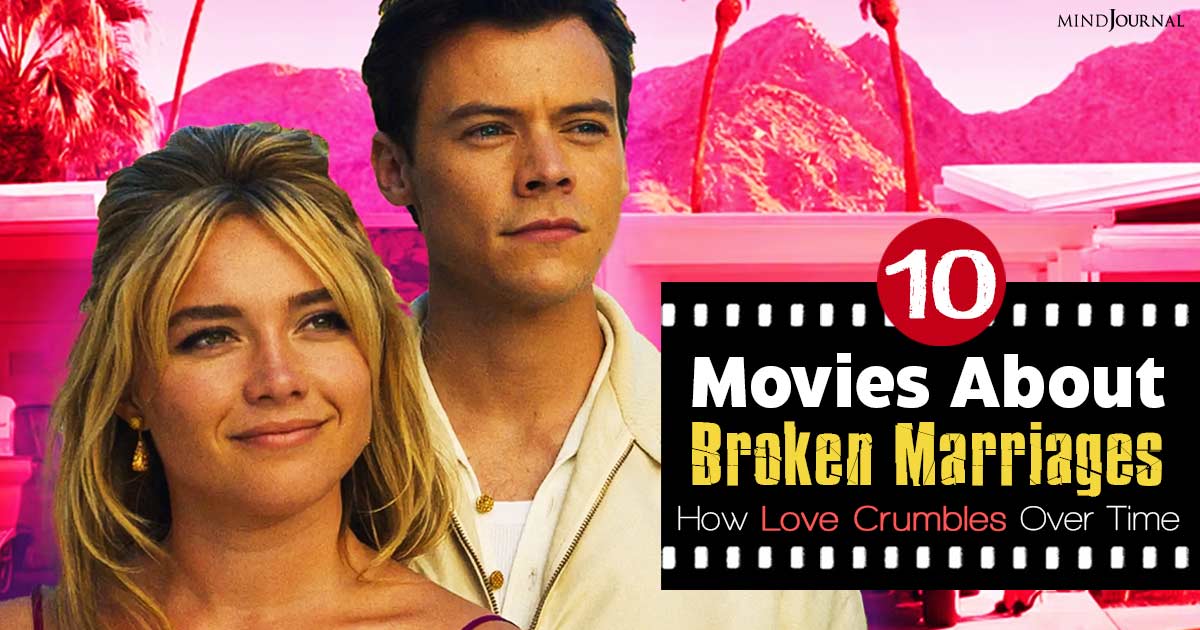
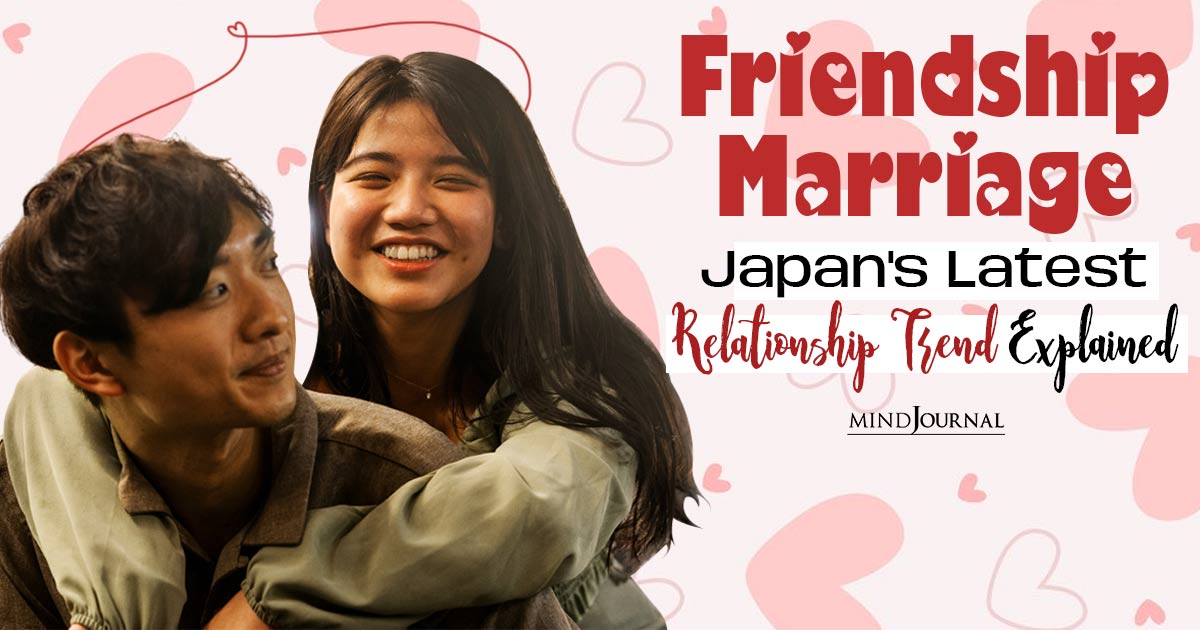
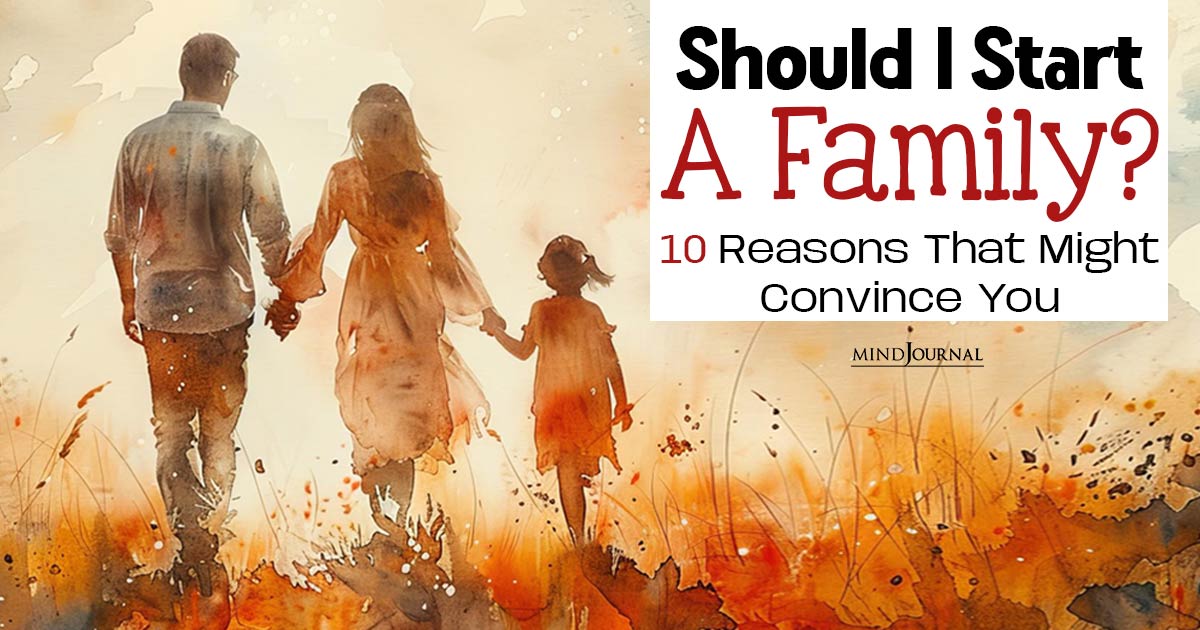
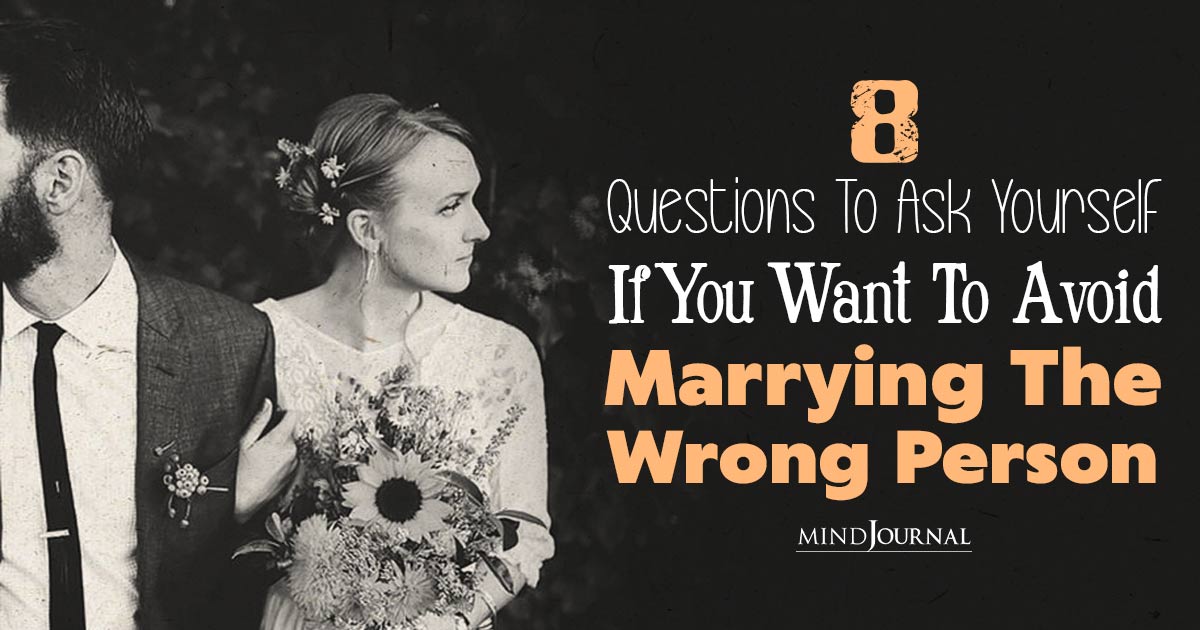
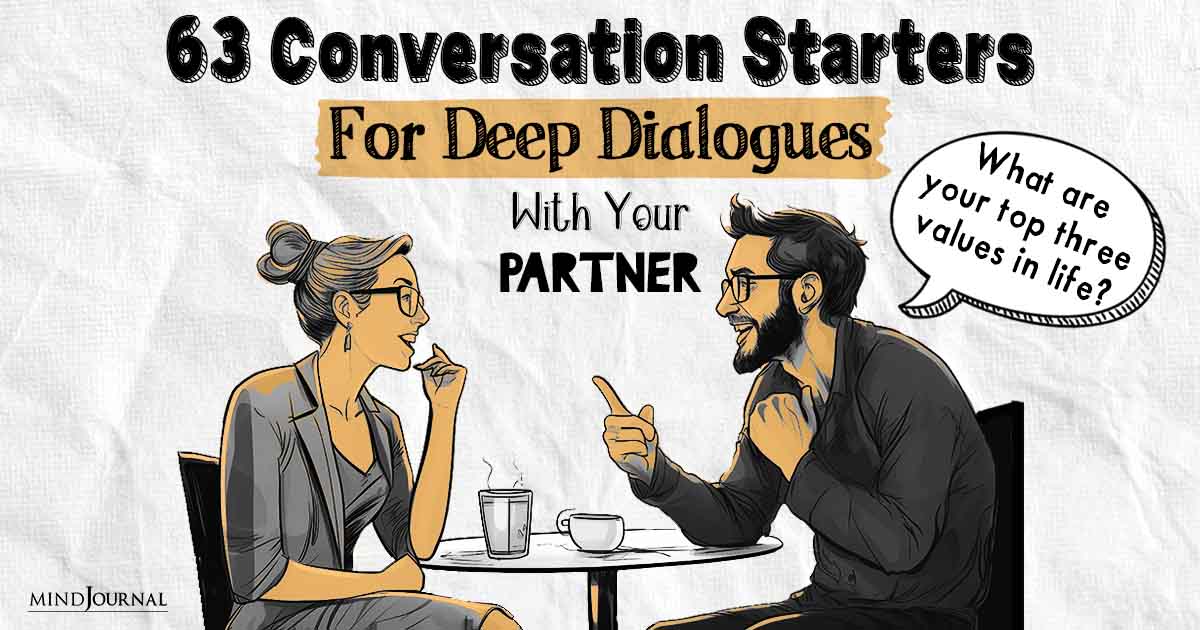
Leave a Reply